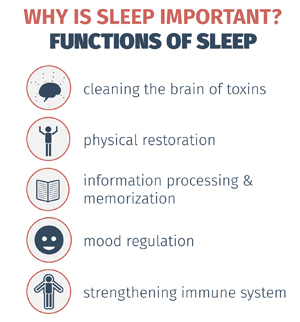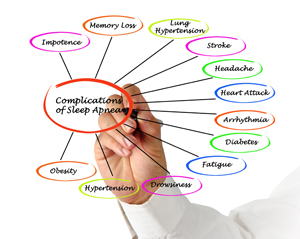Sleeping Pills to Manage Complications and Return Healthy Sleep

AllDayChemist.com
May 17, 2017
MySecureTabs
May 25, 2017
Sleeping Disorders and Medications to Overcome Them
Insomnia, sleep apnea, narcolepsy, snoring, restless leg syndrome and similar issues are the common sleeping disorders that frequently disturb over 50% of the world population.

Since proper sleep is inevitable not only for emotional health, any sleeping disorders should be treated, as they can trigger further health disorders associated with weight, mood and hormone levels.
While stressful situations, busy schedules and other everyday troubles influence the sleep, the condition can also appear without a vivid reason.
If you experience the disorders occasionally, you should not worry about it, but if the issues become regular, you should address the doctor and start the treatment course.
Frequently, sleep-related disorders can indicate other, more serious underlying health problems. They may disappear as sleep issues are treated, but sometimes they may require separate therapy.
Anyway, it is inevitable to receive qualified assistance in time and avoid any complications.
If untreated, sleeping disorders can promote further health aggravations, as well as health functioning, relationship issues and everyday activities.
Types, Symptoms and Causes of Sleeping Disorders
The symptoms of the conditions are rather different and depend on the peculiarities of a patient’s health. However, most commonly they include:
- Problems falling asleep;
- Difficulties staying asleep;
- Concentration disorders;
- Daytime weakness, fatigue, weariness;
- Anxiety, irritability, depression;
- Frequent naps during the day, etc.
There are numerous diseases, disorders and health complications that can promote sleeping disturbances.
Most commonly, the condition is triggered by other health impairments, especially:
- Frequent urination (nocrutia) caused by urinary tract inflammation or similar complications;
- Chronic pain associated with chronic fatigue syndrome, arthritis, headache, inflammatory bowel disease, fibromyalgia and others;
- Respiratory disorders and allergies can make breathing difficult, especially at night. As a result, an inability to breathe properly makes a person stay awake;
- Depression, anxiety and stress also provoke certain sleep disturbances. The condition can also feature nightmares, sleepwalking, sleep talking, etc.
Due to varying reasons, symptoms and underlying causes of various conditions, all the sleep disorders are classified into numerous groups, such as:
- Sleep apnea, which is characterized by breathing disorders at night;
- Insomnia serves a severe complication that prevents people from falling and staying asleep throughout the night;
- Narcolepsy is a condition that is related to frequent desire to sleep during the day. The condition triggers daytime sleepiness, tiredness and excess weariness;
- Parasomnia is associated with abnormal behavior at night. The condition features bedwetting, groaning, sleep talking and related signs;
- Restless leg syndrome is related to an unbeatable desire to move legs at night.
Sleeping Pills to Manage Complications and Return Healthy Sleep
Despite a great multitude of diverse sleeping problems, the modern pharmaceutical market is full of effective and time-tested drugs to treat them.
However, to achieve the wanted condition improvement, a patient should consult a healthcare provider, inform the doctor about all the disorders and health complications and get proper medication adjustment.

To completely eliminate the symptoms of sleeping disorders, medical assistance only can be ineffective, though you can advance it with certain lifestyle changes.
Selecting a proper sleeping pill is also essential. Most commonly, sleeping disorders are treated with one of sedative hypnotic drugs.
Ambien serves a great example of such remedy. Zolpidem and other components of the remedy interfere with the brain chemicals, balancing their functioning, thus, promoting the condition improvement.
Most commonly, Ambien is prescribed as an insomnia drug, though it can be used off-label for other instances.
The potential effect of the hypnotic medication helps patients to fall asleep fast and stay asleep throughout the night.
